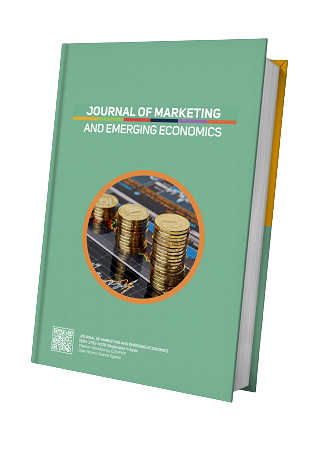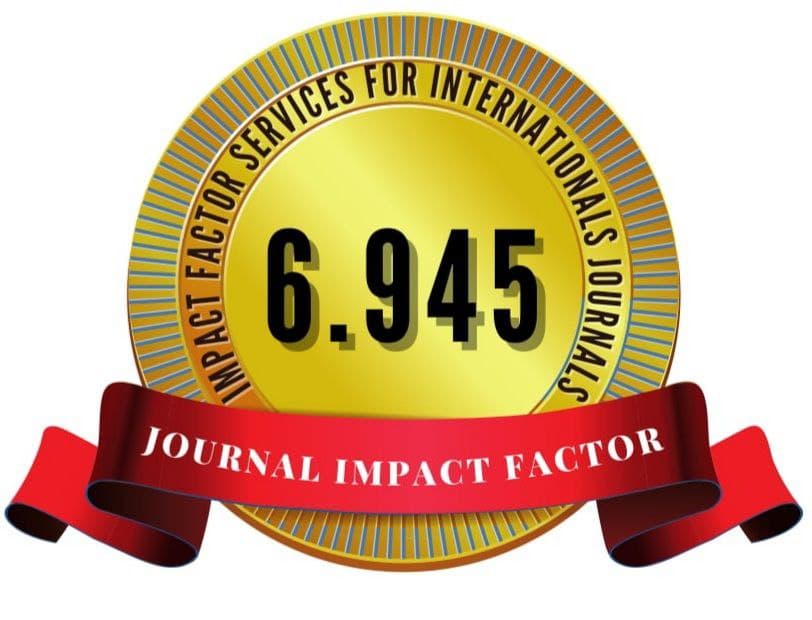Relationship Marketing and Customer Retention in Cooperatives within the Cameroon Cooperative Credit Union League (Camccul. Ltd) in a Crises Era, Case of the Northwest and Southwest Regions of Cameroon
Keywords:
Customer retention, value-added, customer loyalty, relationship marketing, customer defectionsAbstract
This paper aims to determine how the integrated practices of relationship marketing (RM) in cooperatives within CamCCUL contribute to the retention of their customers or members. Given the accepted importance of trustworthiness to RM practices, there appears to be a failure to develop a coherent framework to match RM with customer retention. This is the gap that this paper addresses and by so doing, it extends the body of knowledge to our understanding of the constructs of RM and their outcome. During the major development phase, a pilot study of 10 respondents at CamCCUL Head office were interviewed and a further 45 interview guides were administered on management of cooperatives under CamCCUL Ltd, 25 in the Northwest and 20 in the Southwest. These two Regions were chosen because it is where the Head offices of the cooperatives are found and they are the regions affected by the crises, while branches are found in other regions of Cameroon. Forty-five cooperatives participated in the study along with 25 interviewers who administered questionnaires on 300 customers in the Northwest and 250 in the Southwest for the main empirical study. A total of 472 responses were collected for the main study giving a return rate of 85.82%. The final sample of 461 questionnaires after reducing eleven questionnaires (6 unusable observations, 5 missing data) was used to validate the measurement model and test the research hypotheses. Within the proposed model, the antecedents of relationship marketing showed a positive impact on the retention of customers in the form of psychological and social benefits of long-term relationships. Meaning, RM has a positive impact on both attitudinal and behavioral loyalty, the two types of loyalty summarizing elements of retention were proposed as the model outcome. To test the proposed hypotheses, a new measurement scale was developed; the structural equation model to get the bootstrapping test results from SmartPLS 2, 2017. The loading factors for the reflexive model were all significant at 0.05 significant levels. The results from the empirical study revealed that the model is valid and significant, in which all the antecedents of RM had a significant loading as well as the model corollaries. From the results, we recommended that cooperatives need a systematic analysis and framework for the creation of value-added relationships. Also, managers should focus on RM because it is initiated from the organization’s side and not trust alone which is from the customer’s-side, and that service providers should establish a strong customer relations foundation based on low-level and high-level antecedents.





